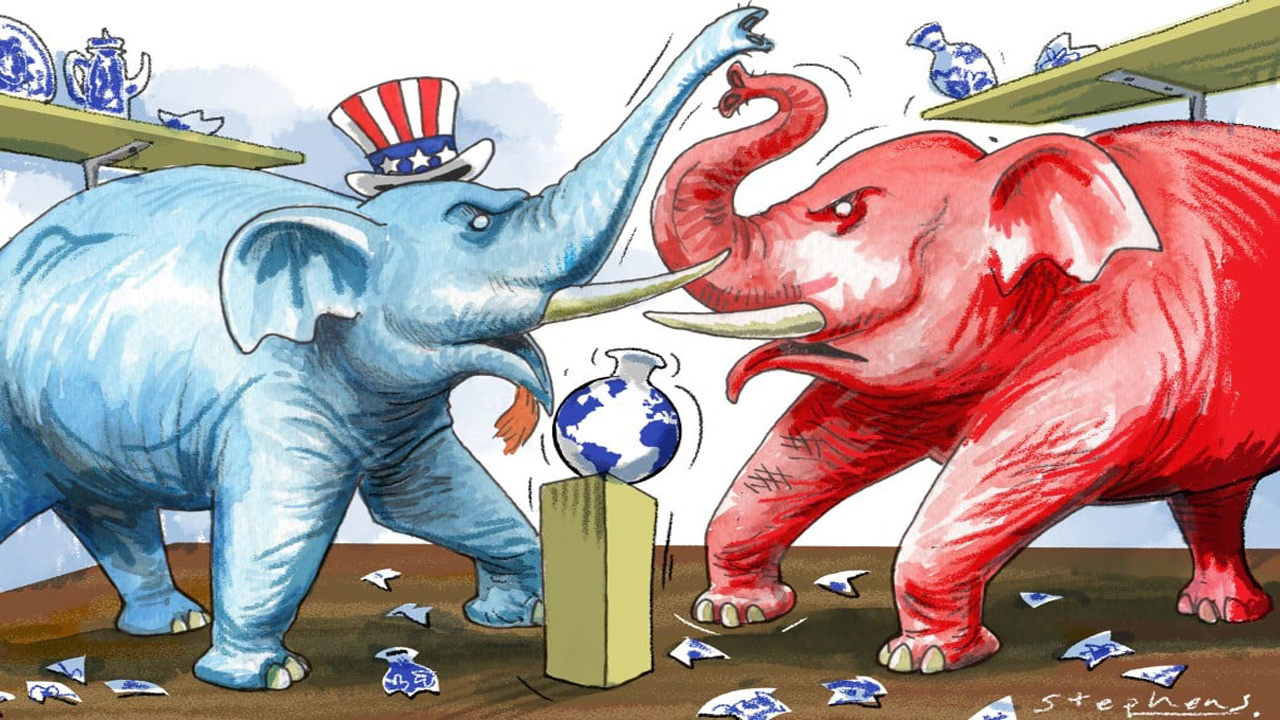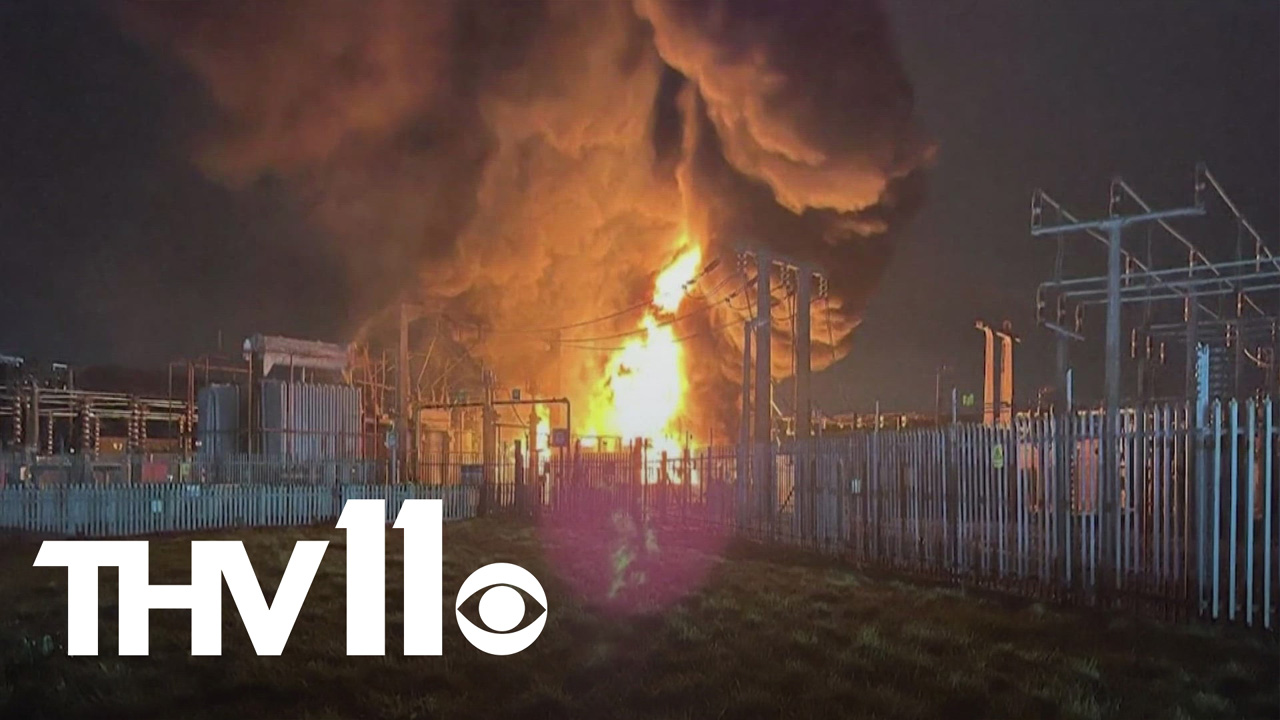Now Reading: China “Happy” as US Axes “Anti-Beijing” Media
-
01
China “Happy” as US Axes “Anti-Beijing” Media
China “Happy” as US Axes “Anti-Beijing” Media

The recent decision by former U.S. President Donald Trump to cut funding to several U.S.-backed media outlets has drawn a sharp reaction from China, with officials and state media expressing satisfaction over the move. The outlets in question, including Voice of America (VOA) and Radio Free Asia (RFA), have been described by Beijing as having a “notorious” history of biased reporting on China.
Here’s a breakdown of the situation:
China’s Response:
- “Notorious Track Record”:
- Chinese Foreign Ministry representatives have stated that these media outlets have a “notorious track record” in their coverage of China. While refraining from direct comments on U.S. domestic policy, the implication is clear: Beijing views the outlets’ reporting as consistently negative and unfair.
- State Media’s Stronger Stance:
- The state-backed Global Times went further, labeling VOA a “lie factory.” The publication’s editorial expressed that these media sources were being “discarded” by the U.S. government. This shows a strong sentiment within the chinese state media, of validation of their long standing complaints against those media outlets.
- Underlying Tensions:
- This response highlights the ongoing tensions between China and Western media outlets, which Beijing frequently accuses of bias. China heavily restricts domestic media and often censors foreign reporting, particularly on sensitive topics.
The Targeted Media Outlets:
- Voice of America (VOA) and Radio Free Asia (RFA):
- These outlets have historically played a role in providing news and information to regions with limited press freedom.
- They have extensively covered issues that are sensitive to the Chinese government, including:
- Alleged human rights abuses in Xinjiang and Tibet.
- The crackdown on pro-democracy movements in Hong Kong.
- Impact of the Cuts:
- The funding cuts raise concerns about the future of independent reporting on China, especially in languages like Tibetan and Uyghur, where RFA provides crucial coverage.
- The loss of these media outlets, could create a void that other nations, such as Russia and China, could fill with their own state sponsored media.
Wider Implications:
- “Fake News” Narrative:
- The situation also involves the broader debate on “fake news,” with some, like Cambodia’s former leader Hun Sen, praising Trump’s decision as a move against misinformation. This reflects a global trend of governments criticizing media they deem unfavorable.
- Information Warfare:
- This event also highlights the on going information war, that is being waged between nations. The ability to control the narrative, is a key component of modern geopolitics.
- Global Media Landscape:
- The decision has sparked concerns about the U.S.’s commitment to supporting independent media globally, and the potential impact on the global media landscape.
In conclusion, Trump’s decision has triggered a significant response from China, underscoring the deep-seated distrust between Beijing and certain Western media outlets. The event also raises important questions about the future of independent reporting and the global information environment.










